News and features
Read the latest news and features about our world-leading research, discoveries, fundraising and philanthropy. If you want to keep updated on our news, you can follow us on social media or sign up for our Search newsletter.
If you’re a journalist and want to find out more, you can contact our media relations team.

Socrates and apoptosis
In the fourth of five articles short-listed for the ICR's Mel Greaves Science Writing Prize 2015, Dr Daniel Nava Rodrigues offers similarities between our bodies and city-states – how are the cells in our bodies policed?

Oestrogen-suppressing drugs substantially reduce breast cancer deaths
A class of hormonal drugs – already used in the clinic – reduce the risk of death in postmenopausal women with the most common type of breast cancer.
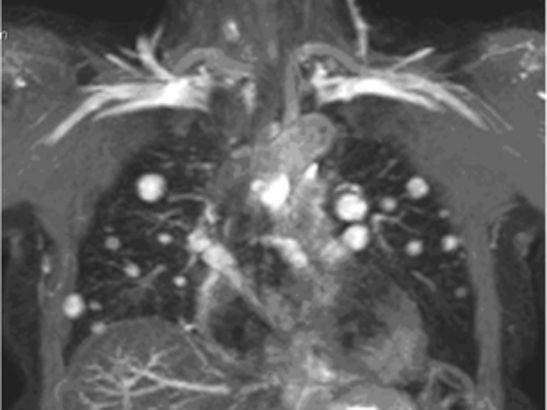
New ‘chemotherapy booster’ could treat lung and pancreatic cancer
A new drug that blocks cancer’s escape route from chemotherapy could be used to treat deadly lung and pancreatic cancers, new research reports.
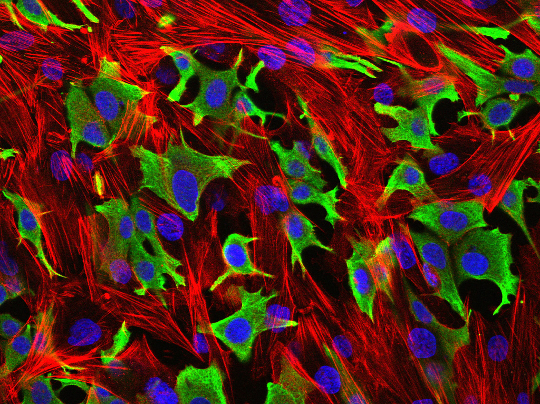
Resistance to cancer drug found to occur naturally in the breast
Study finds the genetic mutations which drive resistance to some targeted cancer drugs are present in breast cancer cells right from the beginning of treatment.
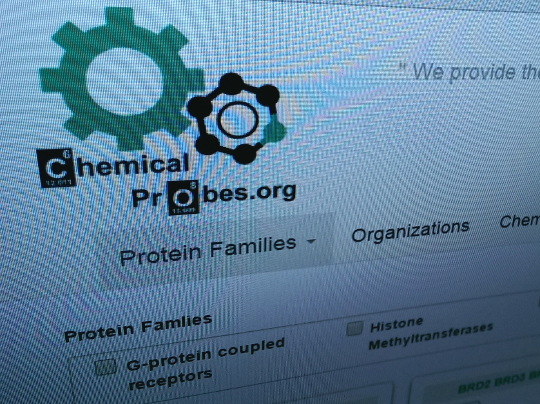
New ‘TripAdvisor’ site to address use of substandard biomedical research tools
A new 'TripAdvisor-style' website will help biomedical researchers pick the best chemical probes for the job – improving research and treatment of disease.
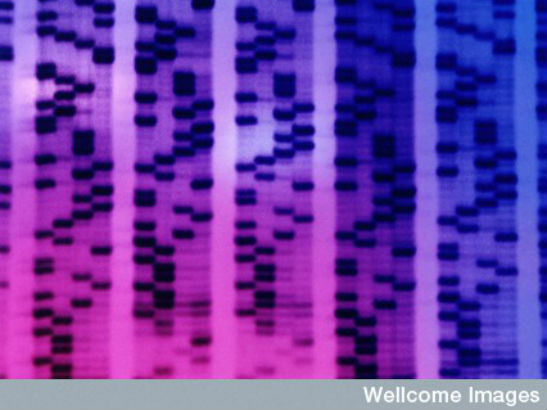
Word processing for mankind
In the third of five articles short-listed for the ICR's Mel Greaves Science Writing Prize 2015, Kevin Litchfield discusses the potential consequences of cutting-edge genetics research.

Professor Stan Kaye honoured with students at annual awards
Professor Stan Kaye, a pioneer in experimental clinical trials world-class translational research, was honoured alongside students and former staff members at our annual celebration, the ICR Awards Ceremony.
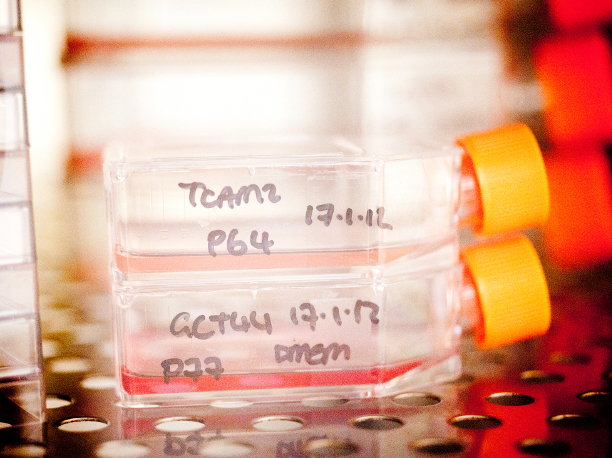
Plan your child’s future – because you never know when sci-fi becomes true
In the second of five articles short-listed for the ICR's Mel Greaves Science Writing Prize 2015, Marcia Costa delves into the science and ethics behind many of science fiction's greatest stem-cell inventions.

ICR gala fundraising dinner raises £250,000 for research into cancer
Gala fundraising event raises an impressive £250,000 for the ICR’s cancer research.

Scientists advance cancer drug design with image of one of key proteins of life
Scientists have pioneered the use of a high-powered imaging technique to picture in exquisite detail one of the central proteins of life – a cellular recycling unit with a role in many diseases.
-vasculature-of-the-mouse-retina-matthew-ashenden-the-icr-2011-1.jpg?sfvrsn=bc35b7e5_2)
Removing protein slows blood vessel growth in tumours
Scientists from the University of Leeds and The Institute of Cancer Research, London, have discovered a new protein which triggers the growth of blood vessels in breast cancer tumours which have spread to the brain, a common location which breast cancer can spread to.

Re-inventing the finger
In the first of five articles short-listed for the ICR's Mel Greaves Science Writing Prize 2015, the winner Dr Hugh Harvey writes about re-inventing an age-old test for prostate cancer.
